This was Suzy Wetlaufer, who would later become the Harvard Business Review’s editor-in-chief and the wife of General Electric CEO Jack Welch. She had written a blood-spattered page-turner called Judgment Call, and was tickled to hear from an HBS kid who might follow her path. She introduced me to her agent, Alice Martell, who later became my agent, and remains my agent to this day. I had three book ideas. One was Arches Across the World, which was to be a fanboy bio of 100-ish McDonalds in 50-ish countries on 6 different continents. Yes, really. Alice talked me out of that one (sorry, posterity). I was also keen to write a book about virtual reality. Which would have been a bit early – it being 1992, and all.
Process of elimination then led me to document the HBS experience, and Year One is the result. It was also a shameless attempt to tear a page from Scott Turow’s book. A big crime novel author, Turow launched his career by writing One L, which documents the Harvard Law School experience. So, I figured, maybe my book could also become a zippy bridge to writing fiction. Right?
Decades on, I’m very proud of Year One for reasons that probably precluded it from being a commercial hit. It’s the opposite of a kiss-and-tell job for one thing, as the only real-life student in it is me. The other main characters are my five imaginary friends – composites built from the traits and experiences of dozens of people who helped me tell their anonymized stories. Blended together, my “cast” depicts a broader cross-section of backgrounds and viewpoints than any quintet of actual students. More importantly, this approach safeguards the privacy of those who confided in me, after I confided to them that I was writing this book.
Though I knew it was a poor commercial move, I also didn’t paint a sensationalized caricature of HBS. The pressure to do so was strong, as Turow’s book launched a micro-genre of student confessionals depicting elite schools as brutal, amoral boot camps. A contemporary book about Stanford business school was actually titled Snapshots from Hell (to paraphrase one reviewer, if b-school at Stanford is hell, what’s night school in the Bronx?). But my HBS is an entirely decent place – a school with remarkable students, professors ranging from so-so to brilliant, and self-important mediocrities running the administration. It's not a scandalous or dramatic portrait – but it's as honest as I could make it.
My goal was to help people decide if b-school would be a delightful or miserable setting for their early adulthood. As it happens, the hundreds of Year One readers who I've met over the years are evenly split between those who thought HBS sounded divine and those who’d sooner visit Abu Ghraib. This indicates that the book's core message is shaped by the reader's background and values, rather than by mine. Which implies that Year One has, in fact, helped people approach a huge decision with a clearer sense of what's right for them, personally. And I like that. Business school is a $100,000-plus investment which far too many of us enter like automatons plodding down a moving sidewalk. That’s how I entered HBS. And it’s due to luck more than foresight that it was a good move for me.
Years on, I’m continually amazed to hear that the HBS experience has changed little at its core. The relentless devotion to the case study method, the tense ritual of cold-calling, the division of first-years into monolithic Sections, the fraught mating dance between students and recruiters – “my HBS” of the pre-Internet era remains strangely intact. Platoons of grads still ship off to Goldman and McKinsey every year. Nerdier types still gather weekly to watch new Simpsons episodes. And of course, Yale still sucks. So if you or someone you love is flirting with b-school applications, I believe Year One still has valuable things to say. And worst case, it's a fun nineties timepiece.




